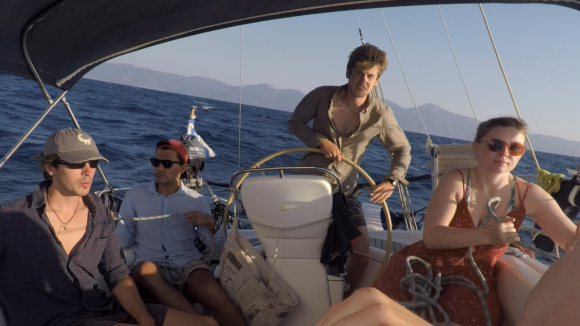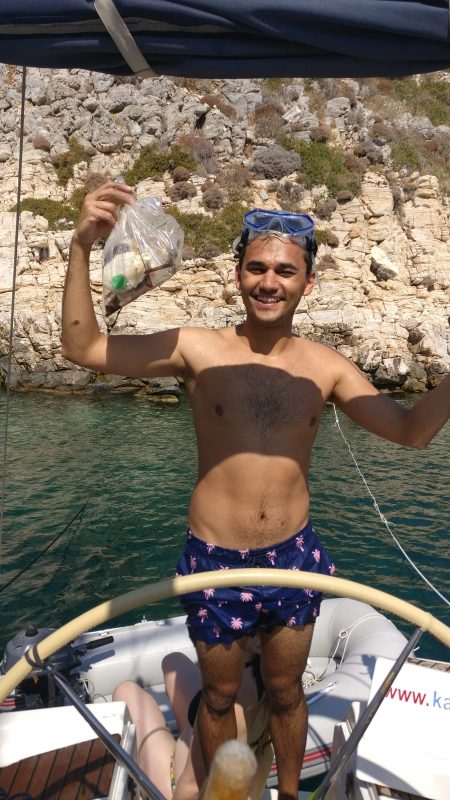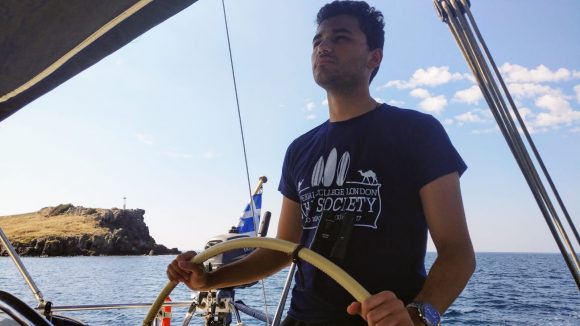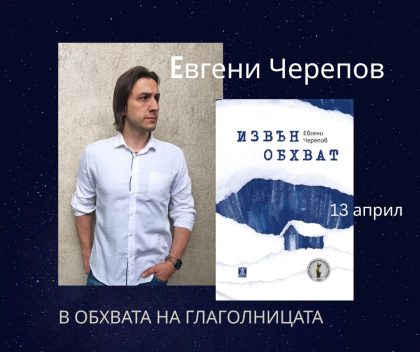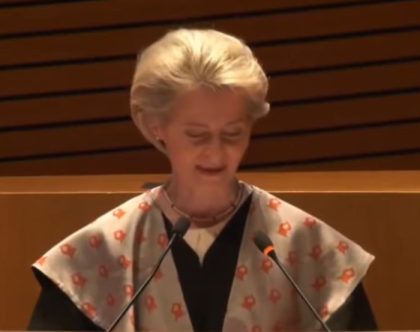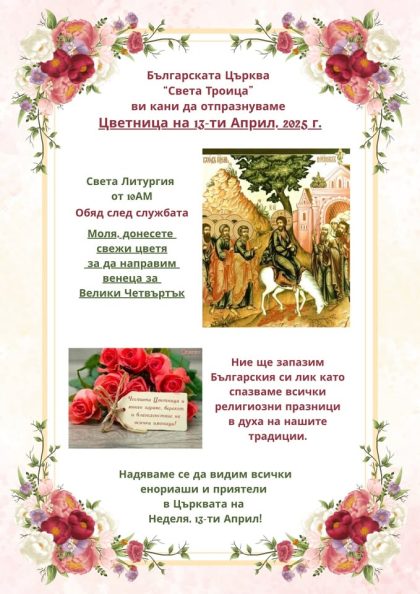by Iskren Peev,
skipper of Sailing Yacht Aegli and leader of the expediton
Four Imperial College students are conducting an Ocean Plastics sailing expedition in the Mediterranean.
The expedition is organised by the participants themselves, four recent graduates from Imperial College: Iskren Peev, Zoe Williamson, Adam Brown and Philip Rutter. With the support and financial aid of the Imperial College Exploration Board and the City and Guilds College Association, the expedition will take place over six weeks with the start and end-point in Kavala, Greece, with the furthest point being Santorini.
The aim of the expedition is two-fold:
First, to undertake scientific research on the concentration of different types of microplastics in the Mediterranean. Plastic waste which ends up in the ocean does not decompose, but it does break down into microscopic pieces over time, which are then eaten by sea creatures or end up in drinking water. As per the standards set by 5 Gyres (https://www.5gyres.org/), the world’s premier microplastics research NGO, as well as advice from research experts from Imperial College and other universities, the team uses a special piece of equipment called a Manta Trawl, which consists of a fine net which is the dragged through the water so that it can collect particles larger than 180 microns. Then, the particles are collected with the largest being identified and recorded by their size and type of plastics, while the ‘wet’ samples are stored for further analysis in the lab.
The second objective of the expedition is raising awareness for the issues facing our Oceans. We aim to inform and educate people on the environmental impact of our continued use of plastic, and in particular, single-use plastics. Plastic is not biodegradable, it takes thousands of years to decompose and in the mean time it enters marine ecosystems, blocks the gastrointestinal tract of animals and contaminates drinking water. Perhaps we believe that the plastic we use is recycled, but in fact, even though the materials are recyclable, in most cases it does not make economical sense to collect and recycle plastic – it is often cheaper and easier to produce a new plastic water bottle! We must stop using single-use plastic in our daily routine. The 27th September is World Maritime Day – a wonderful opportunity for us to learn and educate ourselves about the challenges in protecting marine life. We implore our readers to try and not use single-use plastic for 24 hours.
For more information and staying up-to-date with the expedition as well as our final report post-expedition, please go to our website: http://oceanobjective.co.uk/
––––––––––––––––––––––––––––––––––––––––––––-
Iskren Peev – AngelList:
Imperial College London Mathematics Graduate
https://angel.co/iskren-peev
E-mail: iskren.peev14@imperial.ac.uk
About Us:
OCEAN OBJECTIVE
http://oceanobjective.co.uk/about/
